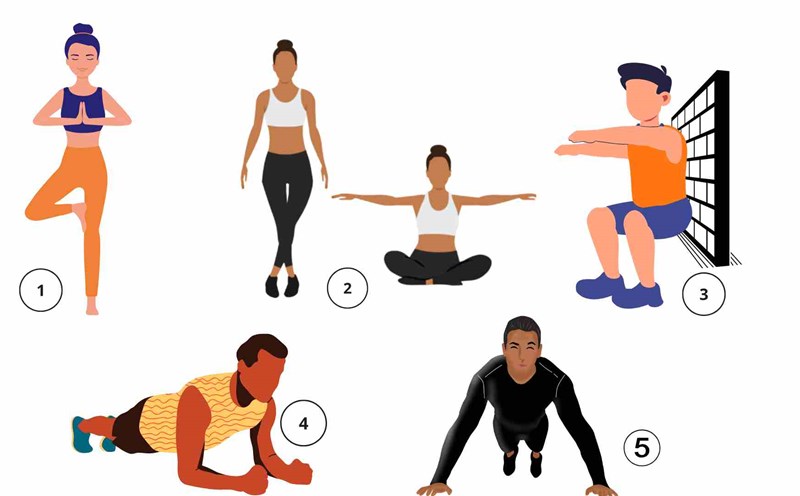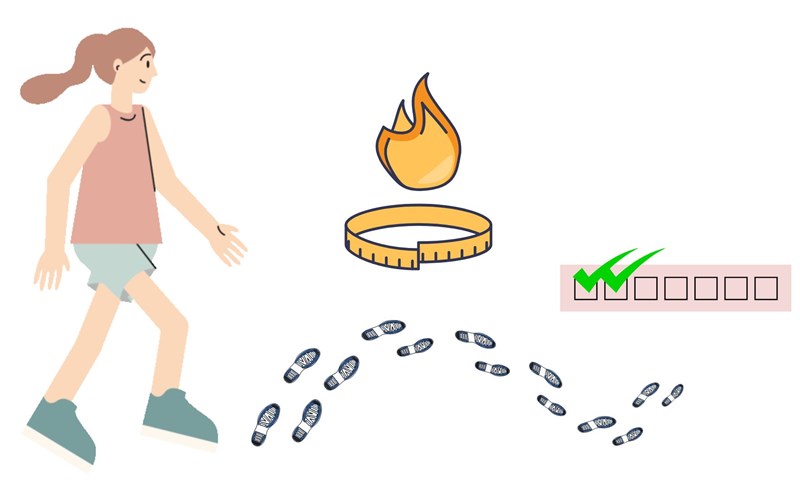Walking is one of the simple, free forms of exercise that are suitable for all ages. However, not everyone knows that walking too slowly can not bring clear results to cardiovascular health.
The goal is to make you feel better after exercise, and you dont need to overtrain, Dr. Donald Jerome, an exercise behaviorist and professor in the Department of Exercise, Towson University (USA), told very Well Health.
How much speed is enough?
According to experts, the ideal speed to improve cardiovascular health is at least 3 mph (equivalent to about 4.8 km/h), corresponding to a moderate level of exercise. However, not everyone has a speed measuring device when walking. So here are some simple ways to tell if you're going fast enough.
One of the popular methods is to check your heart rate. You can take 220 minus your age to estimate your maximum heart rate. The ideal heart rate for moderate-intensity exercise should range from 50-70% of the maximum heart rate.
Another way is to check your walking speaking ability. If you can talk comfortably but can't sing, it means you're walking at a moderate intensity. If you feel a lack of air when saying a few sentences, it is a higher intensity.
What to do to increase efficiency?
Dr. Jerome says the ideal speed can vary depending on individual fitness: The intensity is relative. Walking briskly for one person may be too slow for the other.
To improve the effectiveness of your exercise, you can:
Add a steep section to the walking route.
Accelerate slowly for a short period of time, for example, driving a few minutes faster and then returning to normal speed.
Change your route regularly to challenge your body.
For example, if you are walking on a treadmill, try raising the incline for a few minutes. If you are going outdoors, choose roads with gentle slopes or a few more around the park.
How much is enough per week?
Current guidelines recommend that adults should exercise at least 150 minutes per week at a moderate intensity, equivalent to 30 minutes/day for 5 days. If you have a busy schedule, you can divide your time into two 15-minute walks per day.
Even simple actions such as walking stairs or parking more distance than usual contribute to daily physical activity.
The important thing is to stay consistent, even if you dont have enough time to practice long, Jerome added.
Long-term benefits for the cardiovascular system
Maintaining a walking habit with the right intensity not only helps increase heart rate, reduce blood pressure but also reduces the risk of chronic cardiovascular diseases, improves mood and increases life expectancy.
So, don't just walk around the neighborhood, just go fast enough for your heart to function properly. A little effort will make a big difference in your long-term health.











